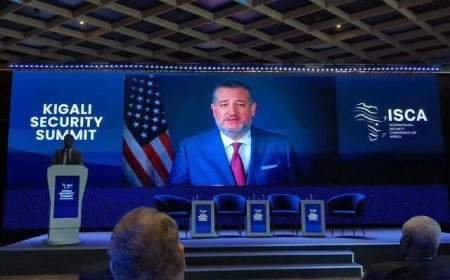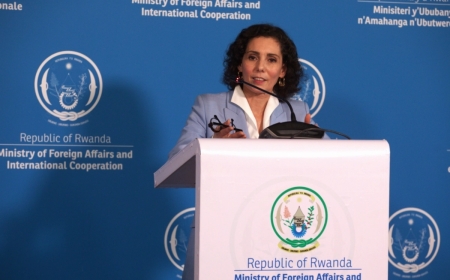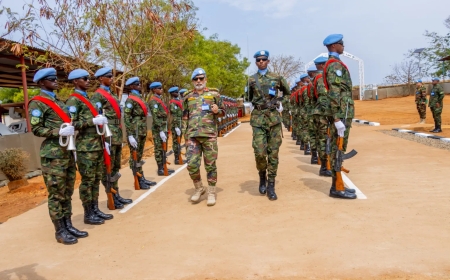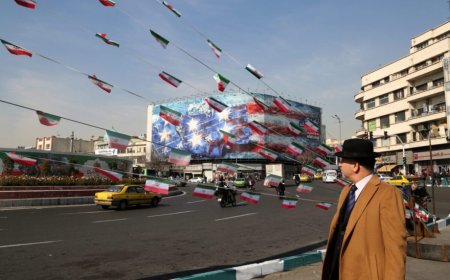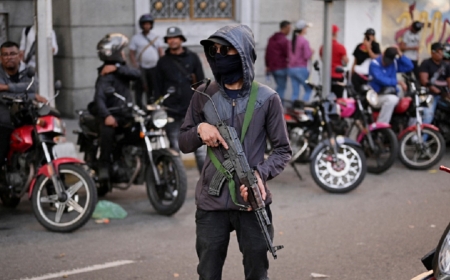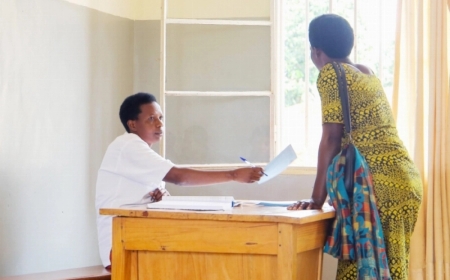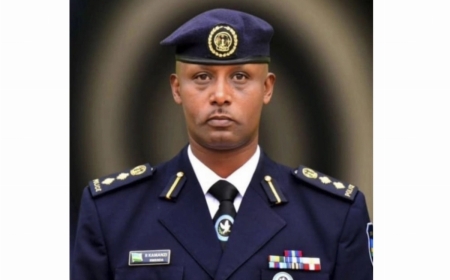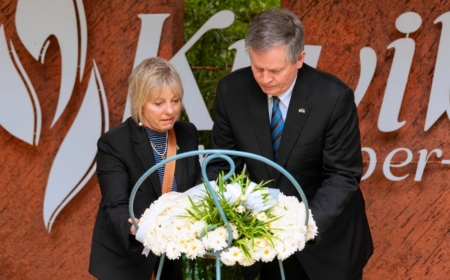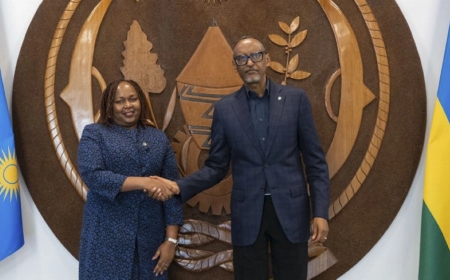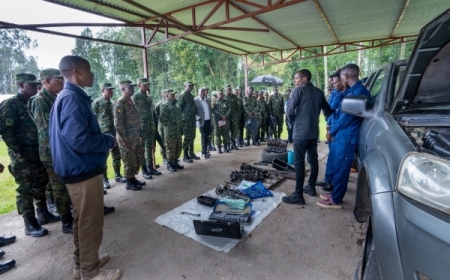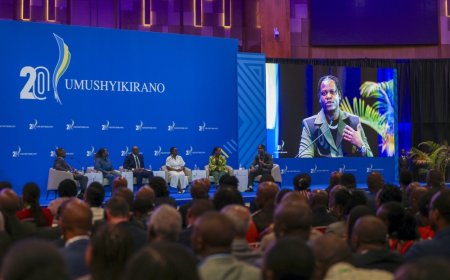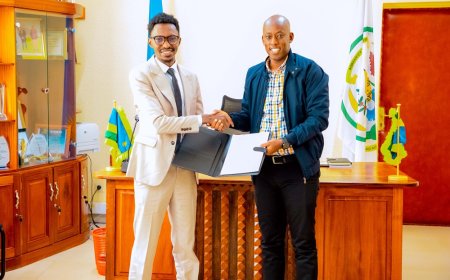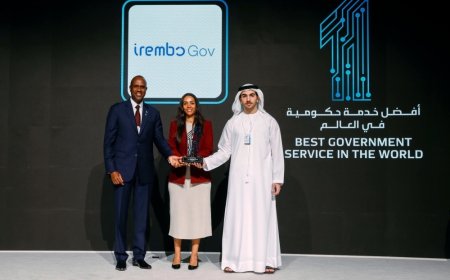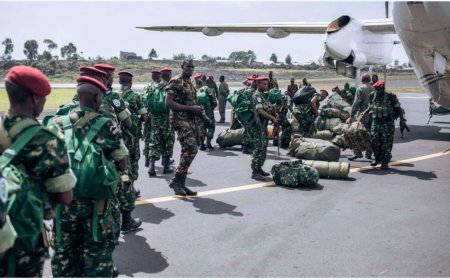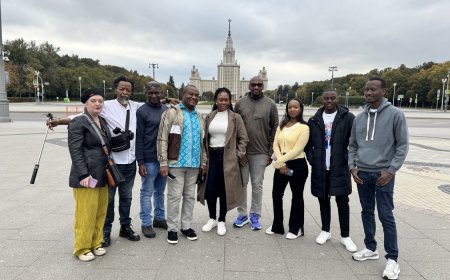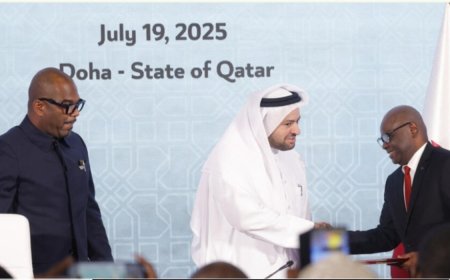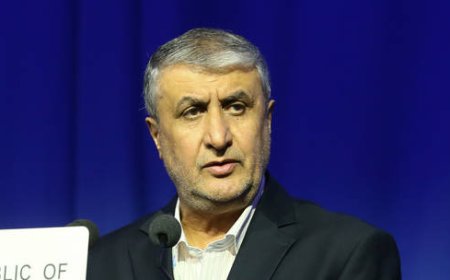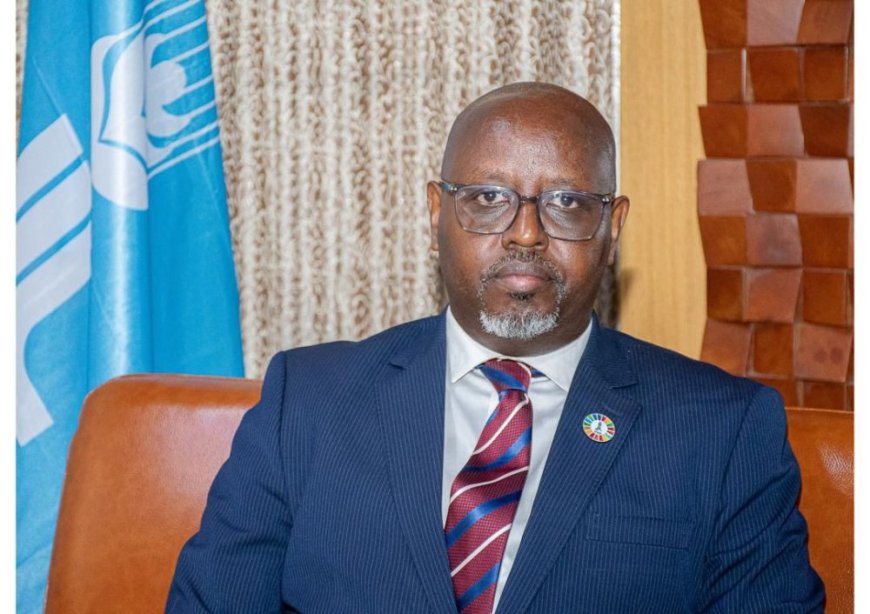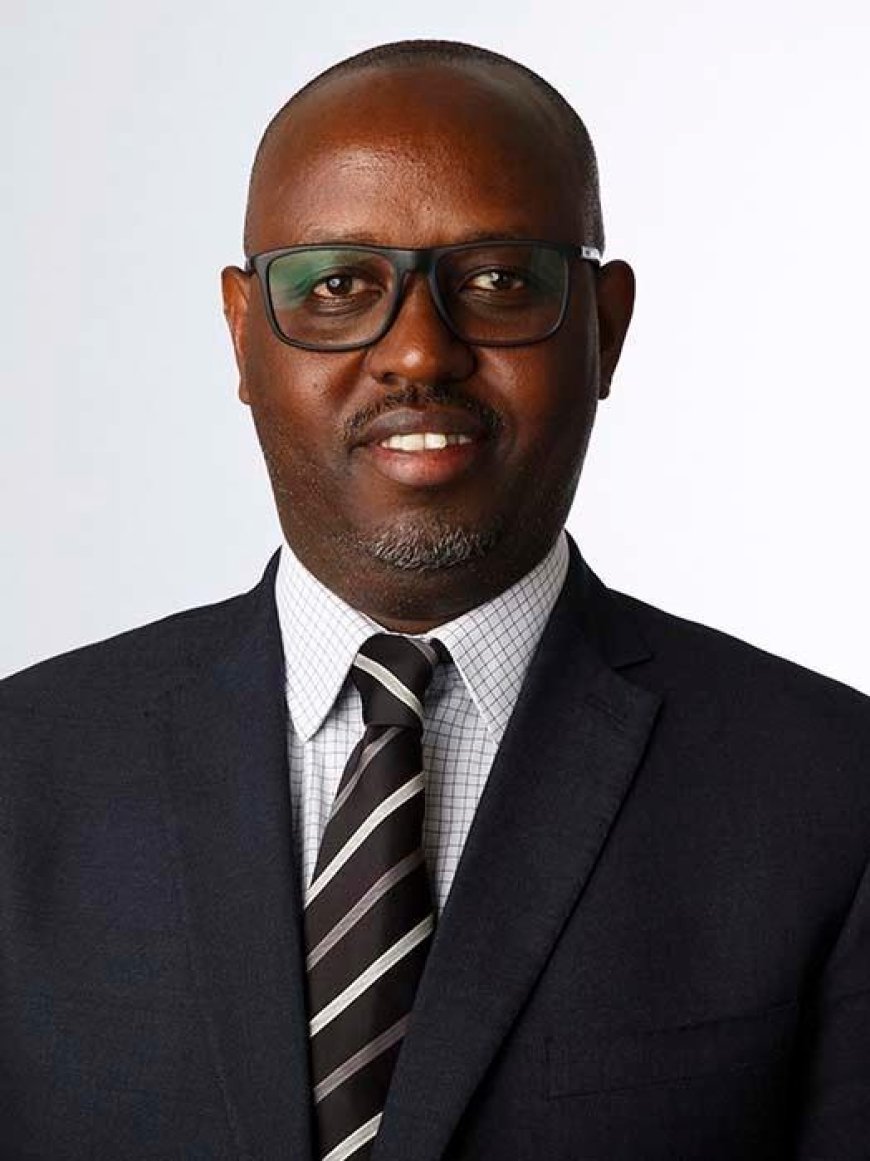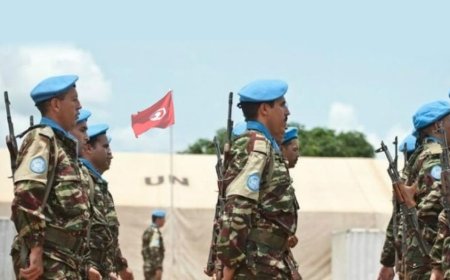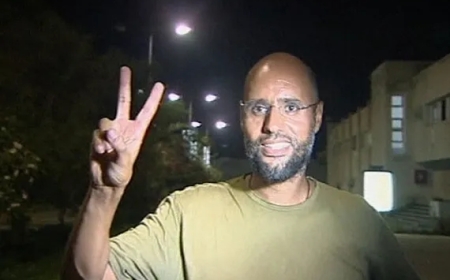Eric Rwabidadi Appointed IFAD Country Director for West and Central Africa
The International Fund for Agricultural Development (IFAD) has officially confirmed Eric Rwabidadi as its new Director for Central Africa and Country Director in Cameroon. He presented his accreditation letter to Cameroon’s Minister of External Relations, Lejeune Mbella Mbella, marking the beginning of his new mandate.
The IFAD regional office in Central Africa oversees the institution’s operations in Cameroon, the Democratic Republic of Congo, the Republic of Congo, Chad, Gabon, Equatorial Guinea, the Central African Republic, and São Tomé and Príncipe, with a focus on eradicating rural poverty and promoting sustainable agriculture.
Rwabidadi brings to the role over 25 years of experience in leadership, governance, and development management, including 20 years within IFAD across various regions and responsibilities. His career includes senior positions in Rwanda’s Ministry of Finance and Economic Planning, where he worked on rural development strategies and project oversight.
At IFAD, he has led programs in Rwanda, Kenya, Burundi, Zambia, Armenia, Djibouti, Jordan, and Iraq, and served as Acting Country Director for South Sudan, Eritrea, and Somalia, countries facing both security and humanitarian challenges. Colleagues recognize him for his strong record in promoting public-private partnerships, rural entrepreneurship, and resilience to climate change.
In his remarks during the handover, Rwabidadi pledged to prioritize initiatives that strengthen food security, create jobs, and build inclusive and climate-smart agriculture in Cameroon and the wider region.
“I will focus on consolidating strong partnerships and implementing impactful projects that reduce rural poverty, improve food self-sufficiency, and support sustainable agriculture,” he said. “I believe agricultural transformation is a key driver of inclusive growth and sustainable economic development.”
The Government of Cameroon welcomed his appointment and reiterated its commitment to deepen collaboration with IFAD. Similarly, Colonel Mahaman El Hadj Ousmane, Niger’s Minister of Agriculture and Livestock, where Rwabidadi previously served, praised his dedication, describing him as “an exemplary leader who left a strong legacy in agricultural development.”
Rwabidadi, a father of three, holds a Master’s degree in Law and another in Sustainable Development. Fluent in English and French, with working knowledge of Arabic, he brings both technical expertise and multicultural experience to his new role.
Since its founding in 1978, IFAD, a United Nations specialized agency, has invested more than $20.4 billion in grants and low-interest loans, impacting over 480 million people worldwide through rural development projects.


